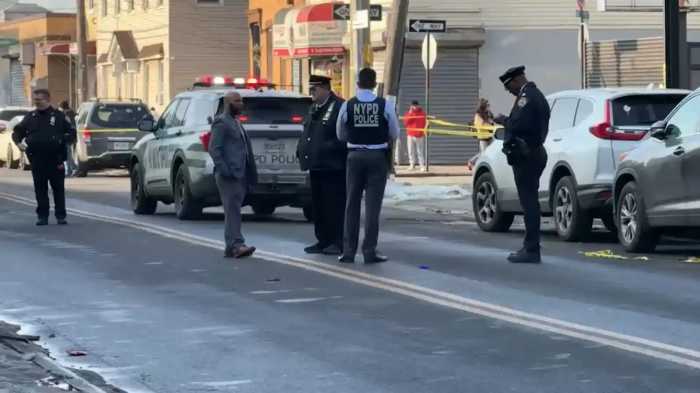Assemblymember Maritza Davila (D-Bushwick), U.S Rep. Nydia Velazquez (D-Bushwick, Williamsburg, Red Hook, Sunset Park, Queens, Lower Manhattan), State Sen. Julia Salazar (D-Bushwick, Cypress Hills, Greenpoint, Williamsburg), and City Councilmember Antonio Reynoso (D-Bushwick, Williamsburg, Ridgewood, Queens) along with organizations like Make the Road, El Puente, RiseBoro, Census Bureau, and Community Board 4’s President Robert Camacho, joined together to take on a stagnant 2020 Census response rate, stuck at just over 50 percent for Brooklyn, at Maria Hernandez Park in Bushwick on Saturday.
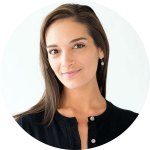
“I cannot imagine a more beautiful way today for us to honor Justice Ruth Bader Ginsburg’s life and legacy than fighting for the resources that our communities deserve. And that’s what you’re doing, that’s what all of us are doing when we complete the census,” said Salazar.
The census push event was meant to reach out to community members, mostly hard-working immigrants concerned about their citizenship, to participate in the questionnaire in English or Spanish, and better the numbers of the response rate.
According to a progress report from the New York Regional Service Center of the US Census Bureau, as of September 16, a total of 94 percent of housing units are listed with 62.8 percent self-responses and 31.2 percent Non Response Follow Up (NRFU) for New York State.
“It is not a coincidence that Bushwick has one of the lowest census response rates,” said District Leader Samuel Nemir Olivares, “It’s because we have a largely undocumented and immigrant community in our district. We need to make sure that Black and Brown communities are united.”
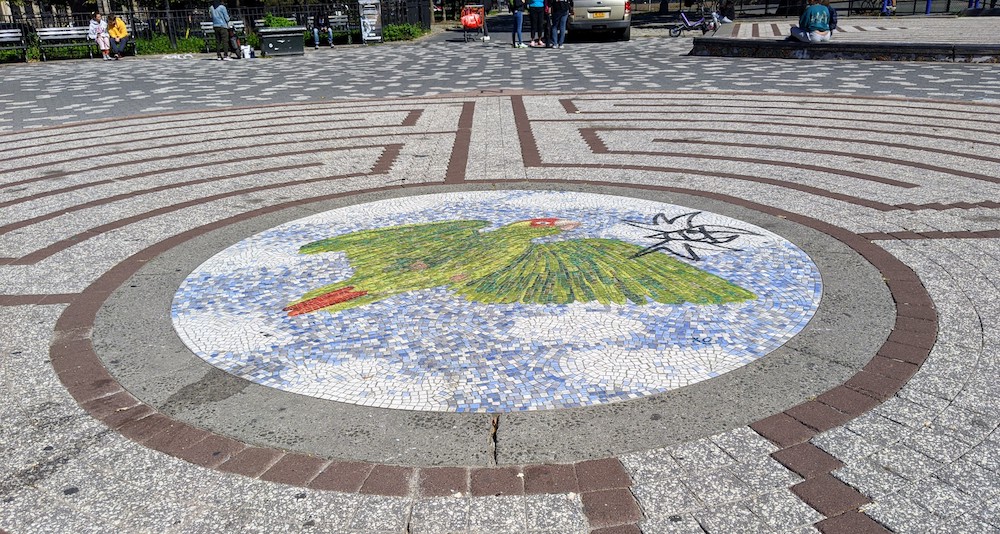
“It comes down to representation more than anything else, New York City can lose a congressional seat if we’re not counted appropriately, and two would be a disaster. Think about where those seats would go if we lose them,” said Reynoso about the heavy impacts being undercounted in the census has on politics.
The census and voter registration tables were set up strategically during the park’s usual farmer’s markets and food pantry giveaways to contact the most people within vulnerable populations in the community.
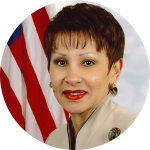
“If there’s anything this pandemic has shown us, it’s the systemic inequities when it comes to access to healthcare, food, and the economy. Those who are suffering the impact of this pandemic are the most vulnerable among us,” said Velazquez. “Close to 60 percent of the people who live in this tract are not filling out their questionnaire. It only takes 10 minutes. Talk about food insecurity and food stamps, that is all allotted by the census numbers.”
Velazquez and other speakers also spoke to the crowds nearby in Spanish to plead for more participation in the census, and to not be afraid of their information being misused or the citizenship question pushed by President Donald Trump that’s not on the census.
Davila said that fear has been a deciding factor in the community, a fear that only one dissenting voice in the crowd angrily gave voice to. Immigration status has become an extremely private matter in a community with large undocumented residents and workers, especially over the last few year’s spike in migrant families attempting to seek asylum legally and illegally in the US from Central American countries.
In recent years, U.S. Immigration and Customs Enforcement (ICE) has also detained and deported record numbers of people from the US, said American Civil Liberties Union (ACLU), using removal tactics and unfair courts systems that “impose heavy social costs, tearing American families apart and undermining community trust in law enforcement.”
In Irving Square Park, about 20 minutes away on Knickerbocker Avenue and Halsey Street, the census outreach continued in neighboring District 37, where former Councilmember Rafael Espinal resigned from in January. District Leader for 74th Assembly District in Manhattan John Blasco is from the City Council Speaker’s Community Engagement Unit and has been handling constituent services for the district in the interim.
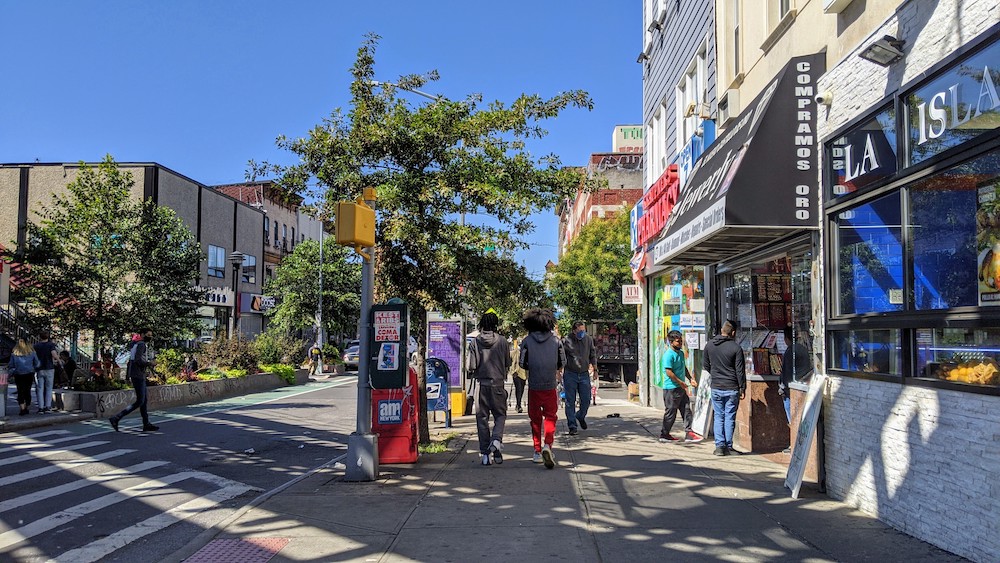
“The census is so important and vital to our communities,” said Blasco. “We’re talking about representation, but also talking about being resilient to a federal administration that has been targeting communities over and over again. LGBTQ people, communities of color, immigrants, Muslims, people with disabilities, I can go on and on.”
The currently unrepresented district had Blasco, along with city council Democratic nominee Darma Diaz and next year city council hopeful Sandy Nurse, set up a much smaller gathering with tables and promotional materials to also get the word out about filling out the census.
“I think we’re destitute, I think it’s a must,” said Diaz, “I’m enjoying the creativity that we have coming from both the federal and city and local level organizations, stakeholders just getting together and knocking on doors to empower people. I say empower because it’s dollars and cents and we should leave money on the table.”
Nurse said that she’s been out for the past two Saturdays pushing for the census and voter registration and will continue to do so until the end of the deadline.









